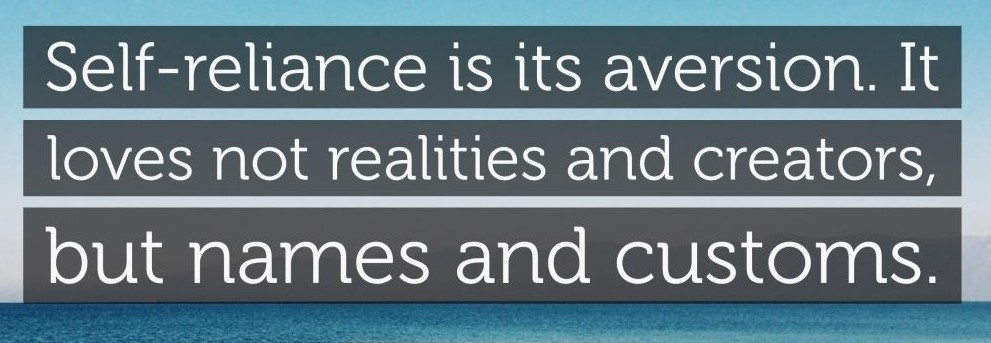After WW1, the French built a seemingly impenetrable defense against German aggression, the Maginot line. A technological marvel, it nevertheless failed. With a false advance, the French were lured north while the bulk of the German forces simply went around the Maginot line and into the heart of France. The technical strength of the Maginot line gave the French a false sense of security, and they became complacent. Their enemy had changed tactics, and they were unprepared.
Do we have a defensive barrier or strategy that inspires a false sense of security and self-reliance?
The city of Babylon was impressive with its extensive layers of defenses, a sandwich of massive walls surrounded by a moat of water drawn from the Euphrates River. Defensive positions along the walls made the city virtually impenetrable. But there was a weakness, of which Cyrus, general of the Persian army, took full advantage. Digging trenches upstream and diverting the water from the moat, his army attacked at night and, through the cover of darkness, took the city while Belshazzar, King of Babylon, feasted (Daniel 5).
Physical self-reliance will prove ineffective against our main adversary, Satan. Like the Persians, he will change tactics and catch us off guard.
What about mental self-reliance? In the book of Acts, after the Day of Pentecost when the Holy Spirit was given to the Church, it grew by thousands. To sustain such rapid growth, brethren began to pool their resources. In this context, Ananias and Sapphira, a married couple, sold a possession of theirs and claimed to dedicate the entire amount to the Church, but they withheld some of the proceeds. Both lied to the Holy Spirit, the very power of God, when they had every right to keep some of their donation. When the truth was revealed, they died instantly (Acts 5:1-11).
Were they in the habit of lying and shading the truth to look good? Whatever the reason, Satan used their weakness, this mental defensive tactic, to destroy them. Do we have defensive barriers deep in our minds that give us a false sense of security? God knows our thoughts. Are we holding back? If we don’t open up to God and fully recognize our vulnerability, Satan can and will attack us.
Is it possible to develop a misplaced spiritual self-reliance?
During a losing battle against the Philistines, the Israelites decided to bring the Ark of the Covenant to the field. When it arrived, they began to taunt their enemy, bragging about what they presumed God would do for them (1 Samuel 4). The next day, despite the presence of the Ark, thirty-thousand Israelites died. Israel thought it could pull out the God-card at any time. They had come to believe that God would do whatever they wanted, no matter how far they strayed from Him.
Do we think that just because we are part of the body of Christ, we can play the same God-card as ancient Israel? Hopefully not! God will allow our false sense of self-reliance to be tested. We need to be found seeking God’s will, not our own. It’s time to dig out our personal Maginot lines and get rid of that dangerous false sense of security. Uproot those defensive strategies whether they are physical, mental, or spiritual! Our only true defense is to draw close to God!
By Scott Souder


